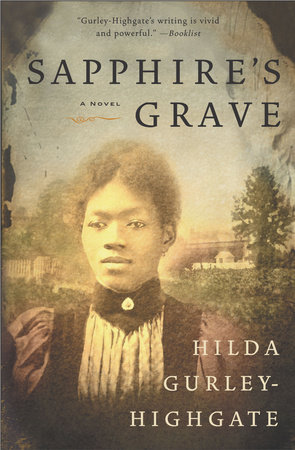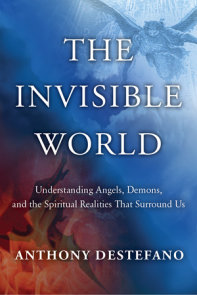READERS GUIDE
Questions and Topics for Discussion
1. Who or what does the title character, Sapphire, represent, and what is the significance of the title, Sapphire’s Grave? The book ends with a poem that describes Sapphire’s grave as "empty." Why is the grave empty?
2. Sapphire and Sister both became known for being eloquently caustic. Are some people just born this way? How did each woman’s circumstance and experience shape her personality?
3. Why did Prince become Queen Marie’s sole ambition? Why did he, in fact, become her God?
4. Queen Marie speaks briefly to Vyda Rose after reading a newspaper article about Vyda Rose’s demise. Does Vyda Rose drown in the Hudson River? Does she survive and visit Queen Marie before going into hiding, or is Queen Marie experiencing an alcoholic hallucination?
5. Was Jewell naive to believe that she could raise Clovey in her home alongside her other children without consequence? Could she have predicted the effect her choice would have on Clovey? What accounts for Jewell’s actions in this regard?
6. After her experience at the High Point School For Girls, Clovey returns home and begins sculpting bridges. What do Clovey’s bridges represent?
7. How does societal racism, and specifically, its effect of valuing whiteness in general while devaluing black women in particular, shape Aldridge’s perception of, and relationship with, his mother? His wife, Clovey?
8. When Rae’ven is born, she is said to be, "rising, on great black wings bearing without shame the scarlet past." What is the significance of this character to all women who live beneath the shadow of a shame-filled history?
9. Sapphire’s Grave was inspired by the often contradictory stereotypes still applied to black women today. In Sister, Queen Marie, Vyda Rose, Jewell and Clovery the reader sees aspects of the Mammy, Jezabel, Sapphire, and Tragic mulatto stereotypes. How does each character differ from these formulaic images?
10. For the most part, the women of Sapphire’s Grave live unapologetically, making the choices they believe best for themselves with little regard for the effect on others. How does this square with the cultural mandate of black women to be self-sacrificing and to "uphold the race?" To what extent did Clovey take on this burden that was rejected by her foremothers?




















